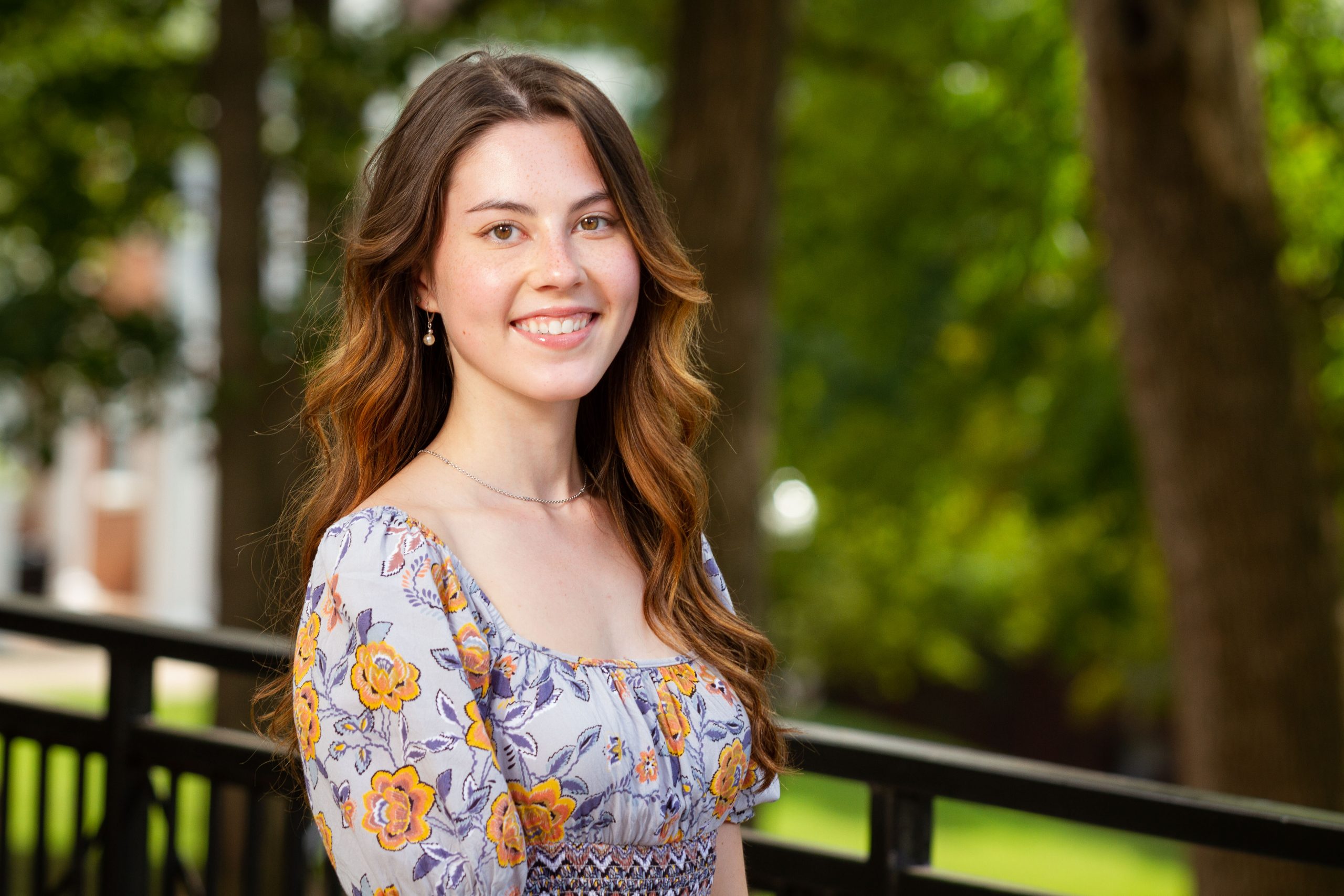Tyce Hodges, a Gatton Academy Class of 2009 graduate from Somerset, has been named a National Merit Scholarship winner.
Hodges is one of forty-five Kentucky high school seniors who are among 2,000 winners of National Merit Scholarships from across the United States.
Each will receive $500 to $2,000 annually for up to four years of undergraduate study at the college financing the scholarship.
Additional National Merit Scholarship winners from across the Commonwealth include:
Louisville-area winners, listed by high school (all are from Louisville unless otherwise noted):
Atherton: Ethan S. Walker-Seim.
Manual: Kelsey L. Hall, Laura K. Henry, James M. Huddleston, Lisa I. Neumann, Ramapriya Rangaraju and Nancy R. Zhang.
North Oldham: Joshua H. Rosenberg, of Prospect.
Oldham County: Andrea E. Atkin and Elizabeth M. Schaller, both of La Grange.
Sacred Heart: Elizabeth A. Otting.
St. Xavier: Francis X. McNamara.
Trinity: Christopher W. Hayes.
Winners from outside the Louisville area (listed by hometown):
Bowling Green: Clayton T. Crocker, Bowling Green High School.
Corbin: Deron L. Johnson, Corbin High School.
Corydon: Emily A. Naas, Henderson County High School.
Covington: David C. Mettens, Scott High School.
Crescent Springs: Christian J. Williams, Beechwood High School.
Danville: Andrew C. Taylor, McCallie School.
Elizabethtown: Joseph R. Swartz, John Hardin High School.
Erlanger: Katherine E. Hayes, Villa Madonna Academy.
Fort Mitchell: Peter L. Bradley, Beechwood High School.
Georgetown: Adam G. Tucker, Scott County High School.
Greenup County: Izaak P. Bruce, home school.
Henderson: Cassie L. Caudill, Henderson County High School.
Lawrenceburg: Dylan F. Reaves, Anderson County High School.
Lexington: Tessa M. Cavagnero, Paul Laurence Dunbar High School; Alexander E. Dutch, Jared M. Gibson and Daniel P. Richey, Henry Clay High School; Brittany P. Fenner, Evan T. Shirley and Qing Xie, Lafayette High School; John M. Jansen, Lexington Catholic High School.
Madisonville: Alexy S. Lake, Madisonville North Hopkins High School.
Morehead: Robert L. Morrison, Rowan County High School.
Mount Vernon: John R. Lambert, Rockcastle County High School.
Prestonsburg: Elizabeth R. Davis, Piarist School.
Richmond: Robert E. Carter, Lexington Catholic High School; Jamie E. Farrar, Model Laboratory School.
Verona: Alexandra B. Farrell, Walton–Verona High School.
Versailles: Charles S. Fieseler, Lexington Catholic High School.
Williamsburg: James D. Williams, Williamsburg High School.
Wilmore: Lyman R. Stone, West Jessamine High School.
Information in this story originally appeared in the June 13, 2009, edition of The Courier-Journal.
 Luke Akridge, an Honors College student and Gatton Academy alumnus from Woodford County, attended and gave a presentation at the 2009 Bridges Conference in Banff, Alberta, Canada, July 26 – 30, 2009.
Luke Akridge, an Honors College student and Gatton Academy alumnus from Woodford County, attended and gave a presentation at the 2009 Bridges Conference in Banff, Alberta, Canada, July 26 – 30, 2009.


 Students at Western Kentucky University’s Carol Martin Gatton Academy of Mathematics and Science in Kentucky made significant gains on the state-required American College Test (ACT).
Students at Western Kentucky University’s Carol Martin Gatton Academy of Mathematics and Science in Kentucky made significant gains on the state-required American College Test (ACT). As our “Five Questions” series continues, we chat with Katie Rush, a second-year student from Franklin County. Like many Gatton Academy students, Katie has taken advantage of numerous study abroad opportunities available through WKU. Though the Academy offers a travel program during the Winter Term, many students study abroad through departmental programs in January, May, and summer.
As our “Five Questions” series continues, we chat with Katie Rush, a second-year student from Franklin County. Like many Gatton Academy students, Katie has taken advantage of numerous study abroad opportunities available through WKU. Though the Academy offers a travel program during the Winter Term, many students study abroad through departmental programs in January, May, and summer. Our “5 Questions” series continues as we chat with Elaine Flynn, a second-year student from Pendleton County, about her research this summer at WKU.
Our “5 Questions” series continues as we chat with Elaine Flynn, a second-year student from Pendleton County, about her research this summer at WKU.